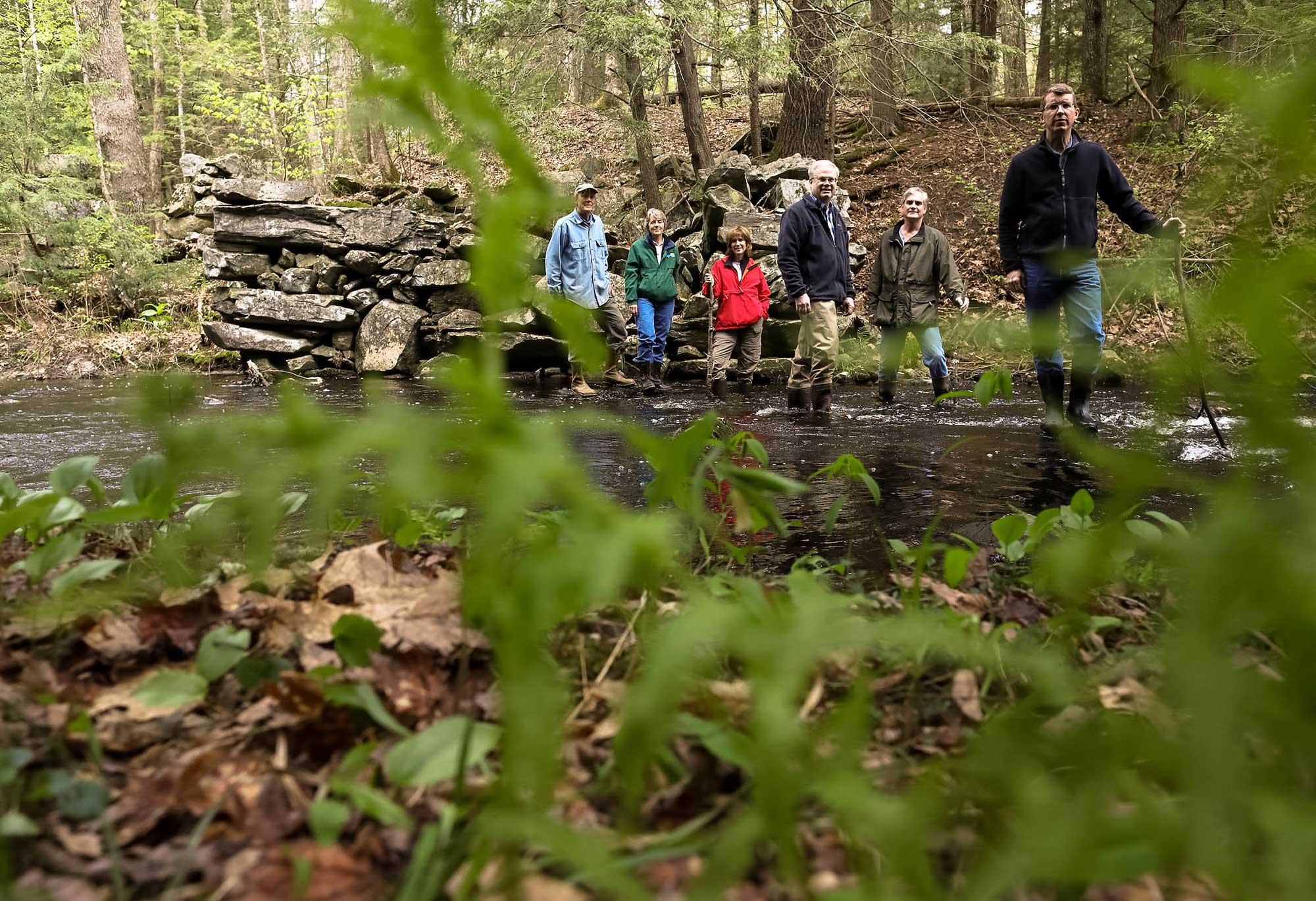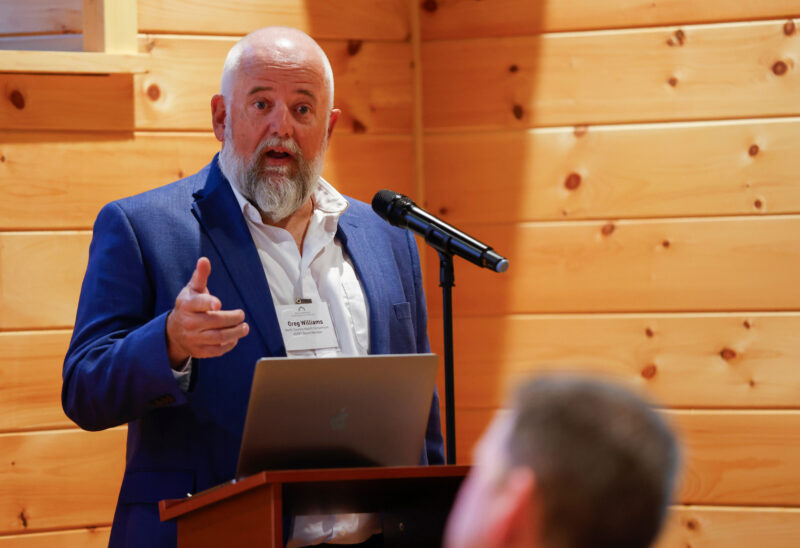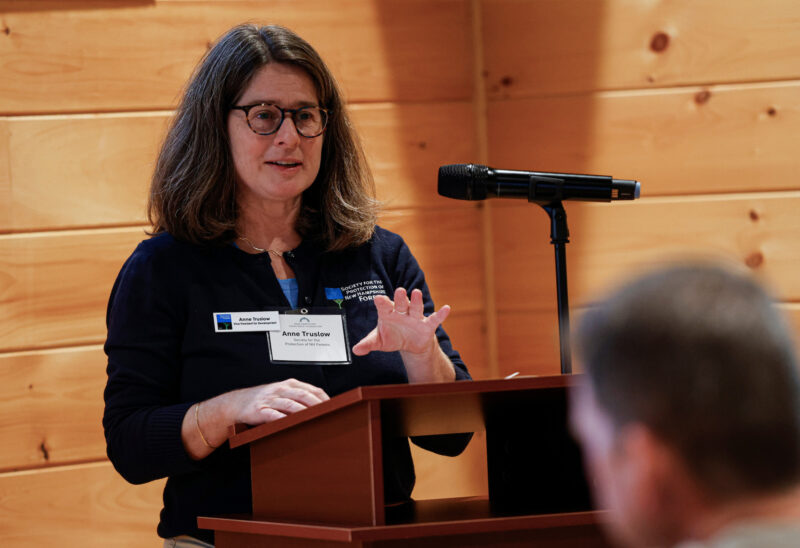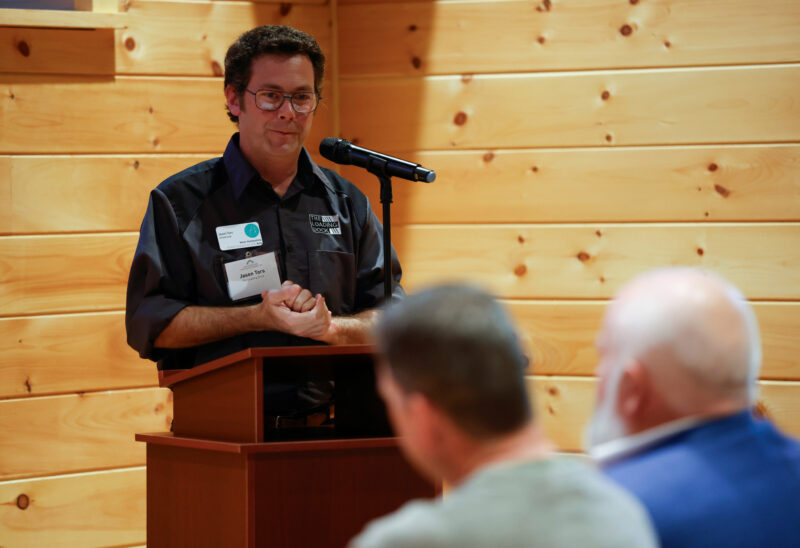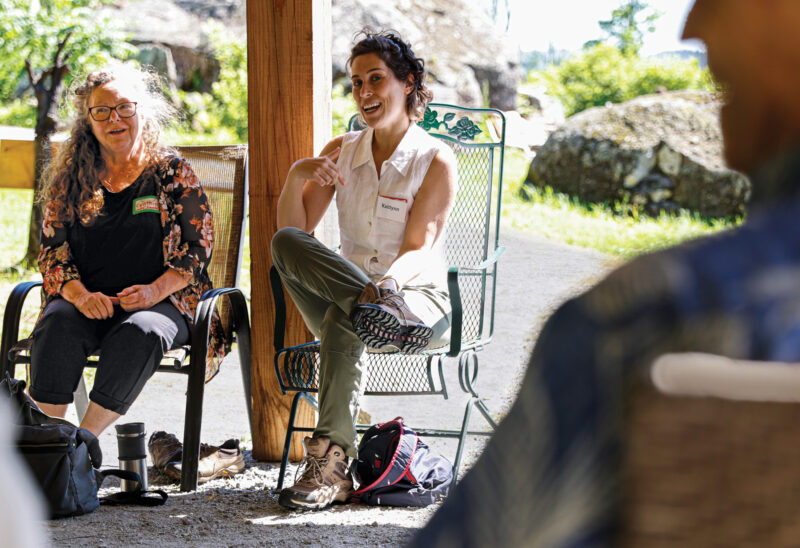Plant your boots in a little depression in the ground on the Powder Major’s Farm, and, if you have any sense of history at all, a thrill will race up your spine.
The depression marks the spot where gunpowder stolen from the British in 1774 had been stashed in a barn or adjacent tunnel by the “Powder Major,” John Demeritt, who would spirit it by oxcart to New Hampshire troops at the Battle of Bunker Hill.
Now, the Powder Major’s Farm and Forest have been preserved by the Society for the Protection of New Hampshire Forests. Donor-advised funds at the Foundation contributed $259,000 to the $2.25 million project.
The 285-acre tract spills across town lines of Lee, Madbury and Durham. The environmental and community benefits of this land are jaw-dropping: Four distinct types of wetlands. Wildlife habitat of the state’s highest ranking. Rare and threatened species. A mile of frontage on the Oyster River, which supplies drinking water and runs into Great Bay (making maintenance of its water quality crucial). Miles of trails for walking, skiing and mountain biking. Outdoor “labs” for University of New Hampshire researchers and local school groups. Plus the history. All in the fastest-growing part of the state.
This land had been owned by only two families since Europeans hit these shores. Now it is conserved forever, and for all.

